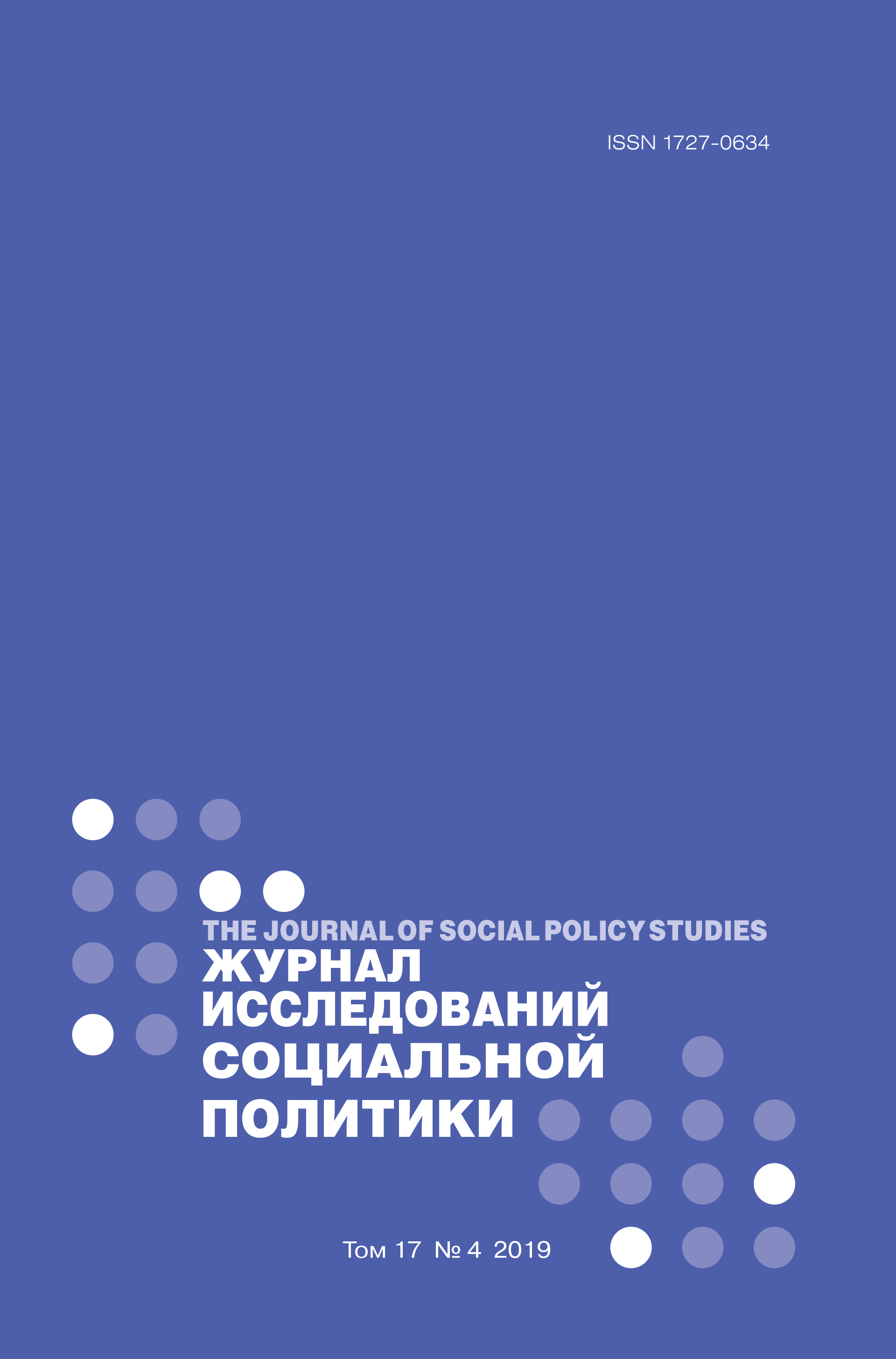'A Place under the Sun': Levels of Development in School Inclusion
Abstract
A key priority of social policy in developed countries is the active involvement of people with disabilities in society, including education. The transformation of state policy in Russia along these lines has been accompanied by changes in the legal system. In turn, these reforms are gradually contributing to overcoming prejudices in society towards people with disabilities. In recent years, there have been significant changes in the field of educational policy of Russia towards increased inclusion. The formation of inclusive organizational cultures in schools is no less an important condition for providing an accessible environment, however, than the removal of architectural and technological barriers. In this article, an analysis of the main value-symbolic characteristics of school inclusion is provided, based on qualitative interviews with teachers, pupils and parents. This research was conducted on the basis of Edgar Schein’s concept of organizational culture that views inclusion on three levels: artifacts, espoused values, and basic assumptions. It is shown that changes in schools occur due to the fact that the values that the leader translates to other participants of the educational process are embodied in observed artifacts, practices of interaction and unspoken beliefs. Organizational values, norms and attitudes, emerging in the process of day-to-day interaction, can contribute to or act as a barrier on the path of transformation. The culture of an organization is also influenced by the initiatives taken 'from below' through patterns of behavior, proclaimed values and visual elements on the surface level of culture. Shared values are associated with the acceptance of differences, the individuality of each pupil in the context of building a supportive environment.















